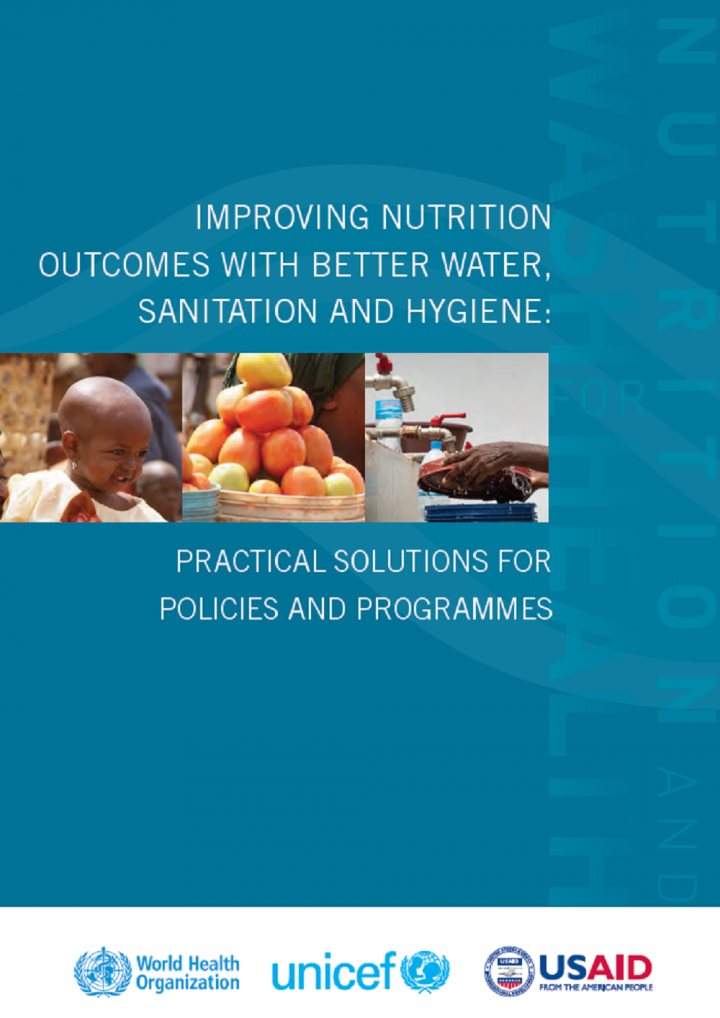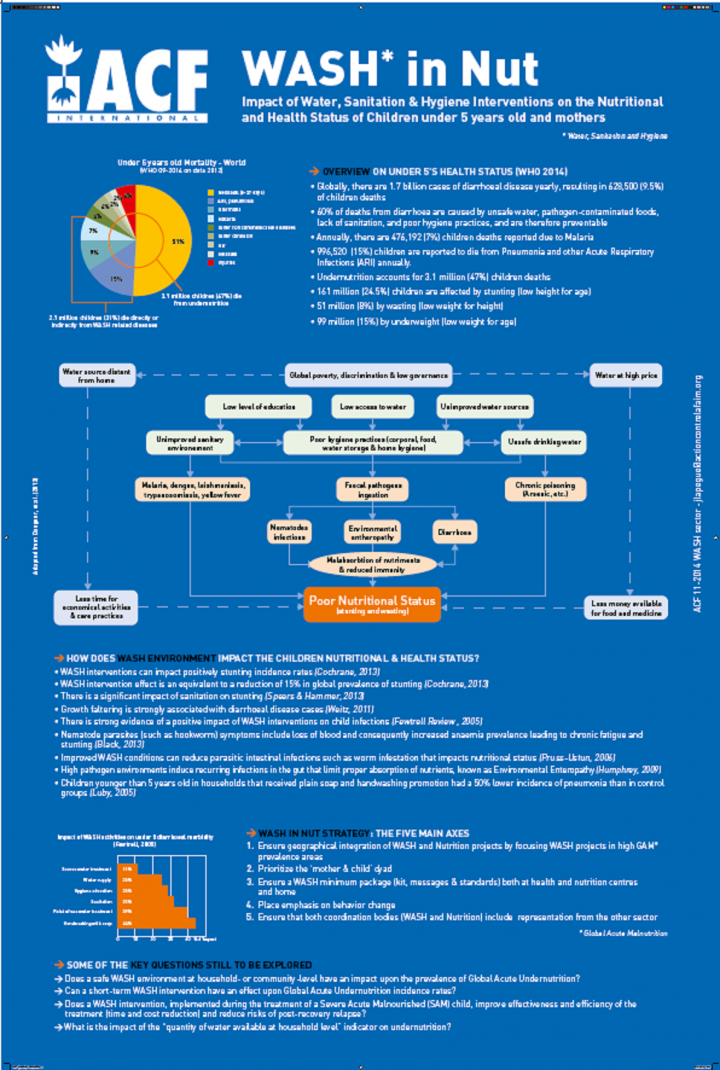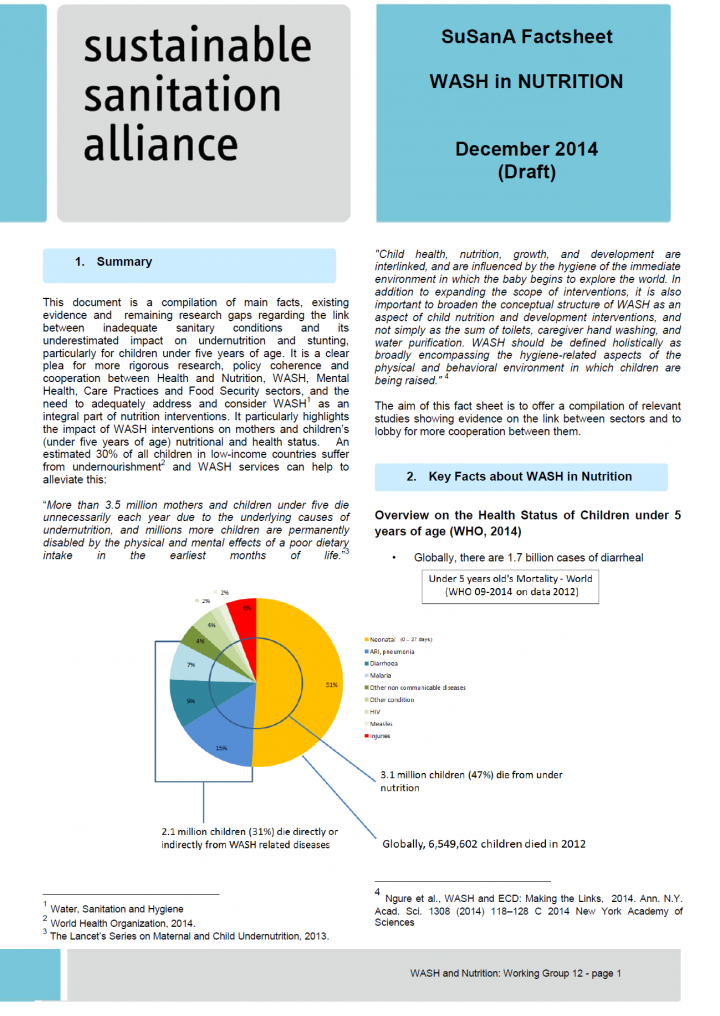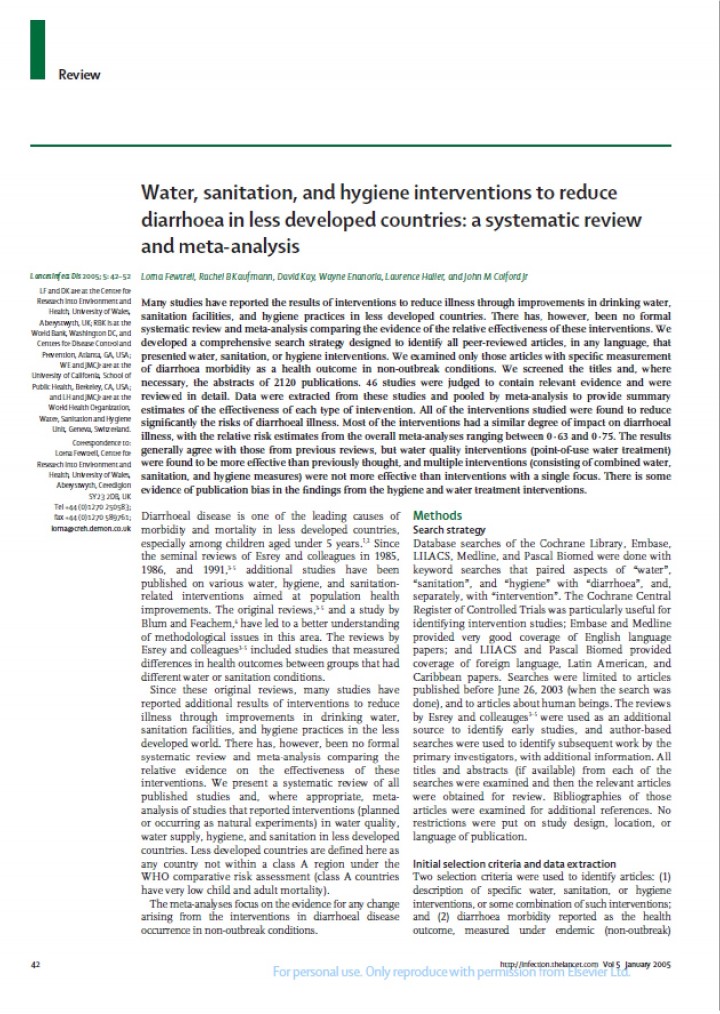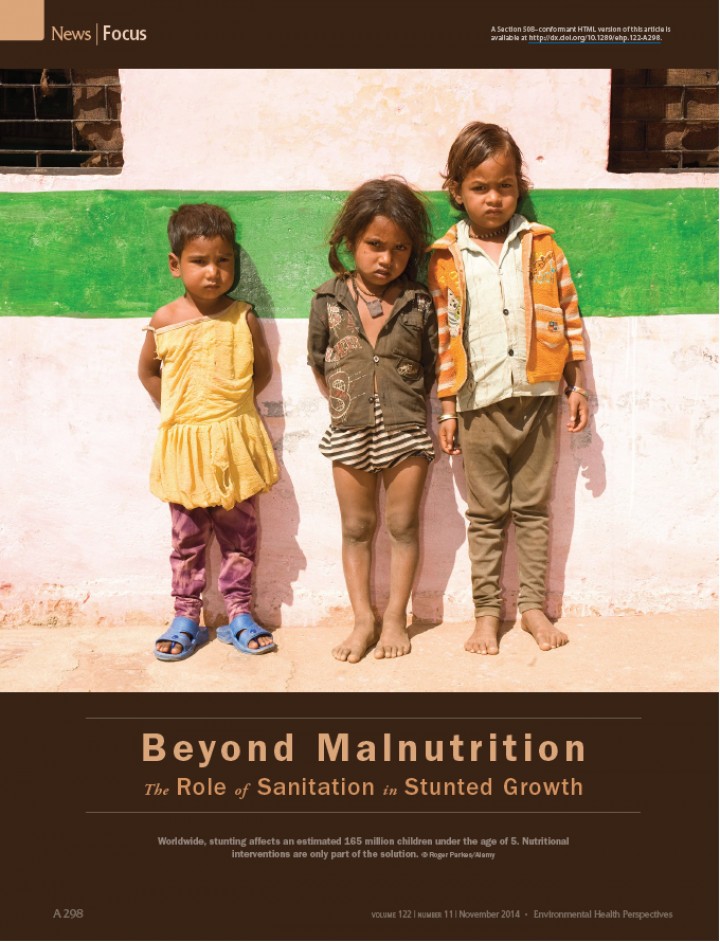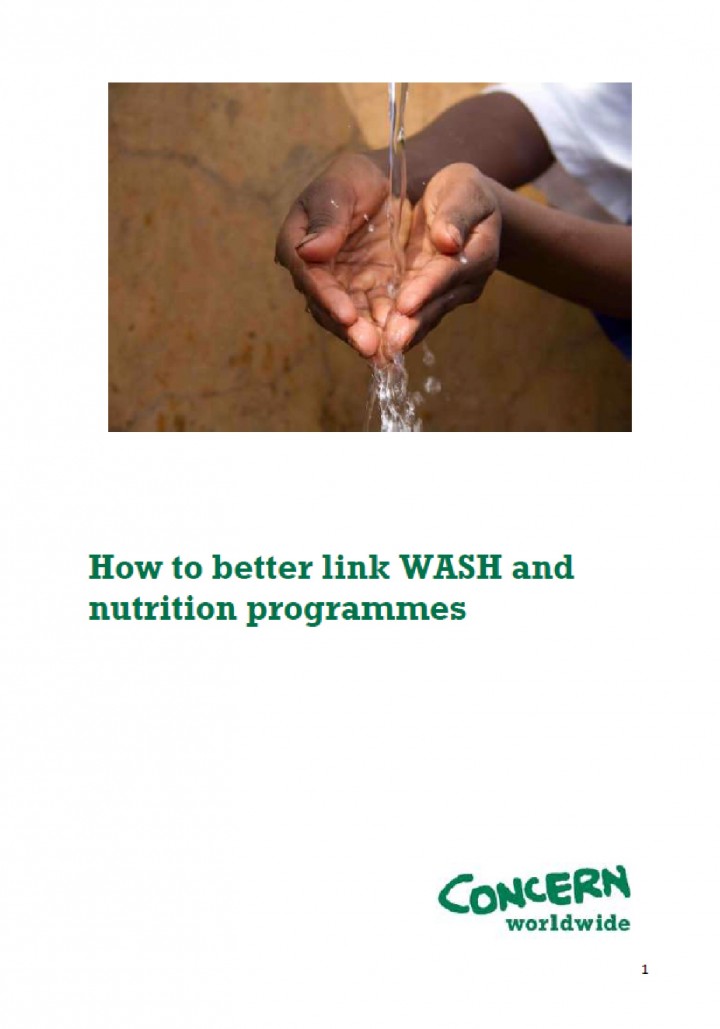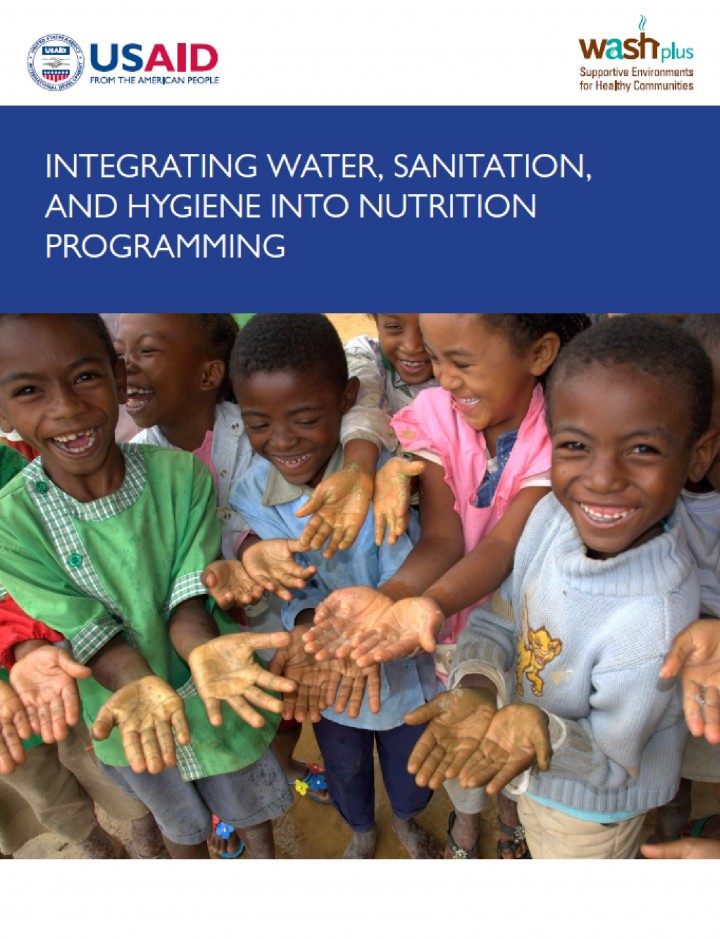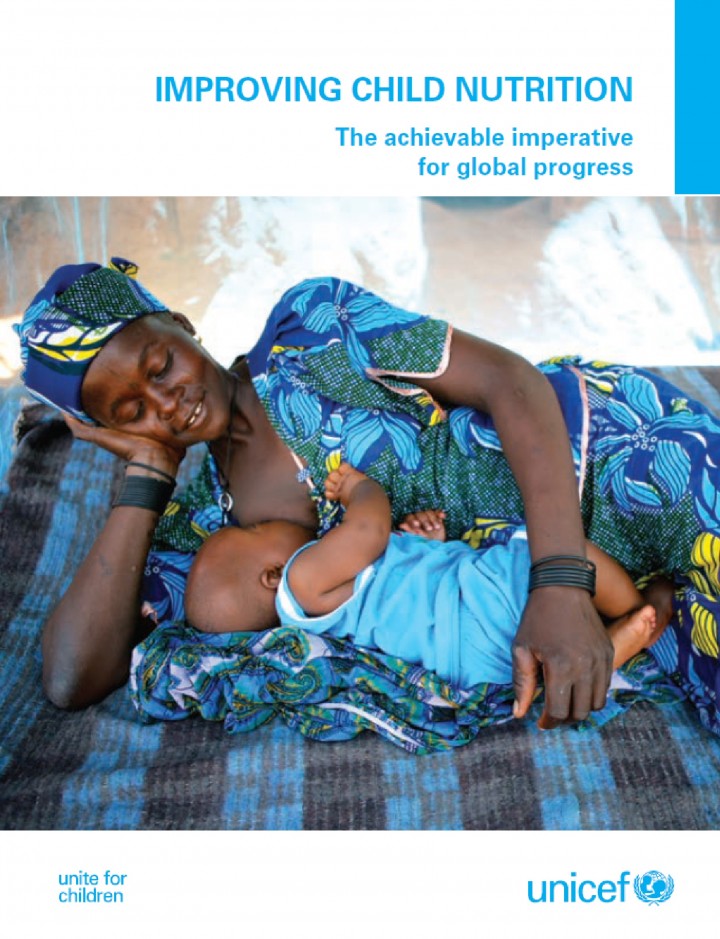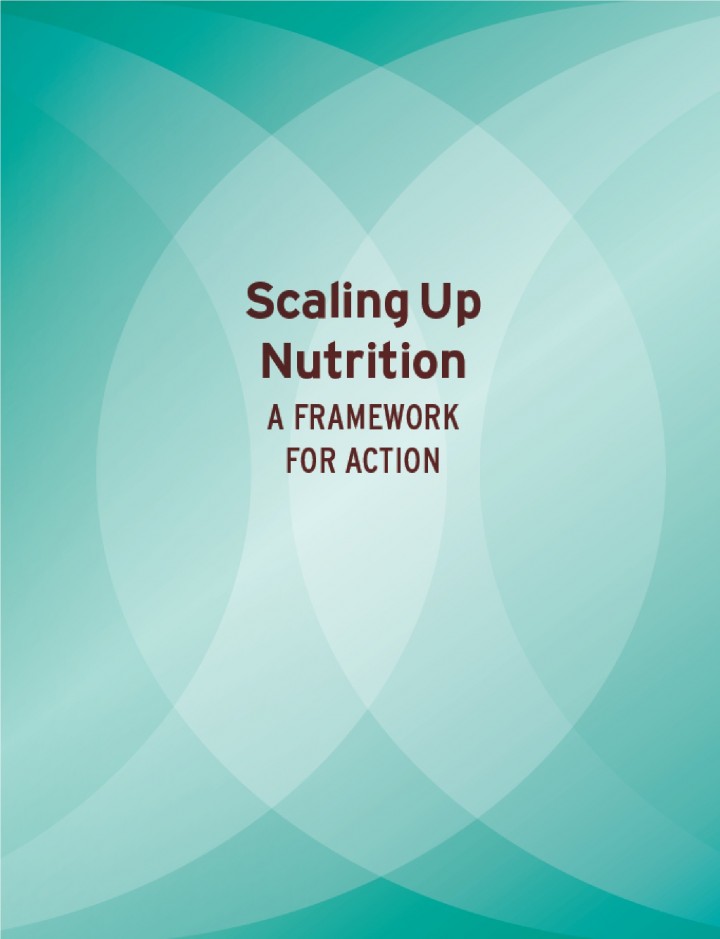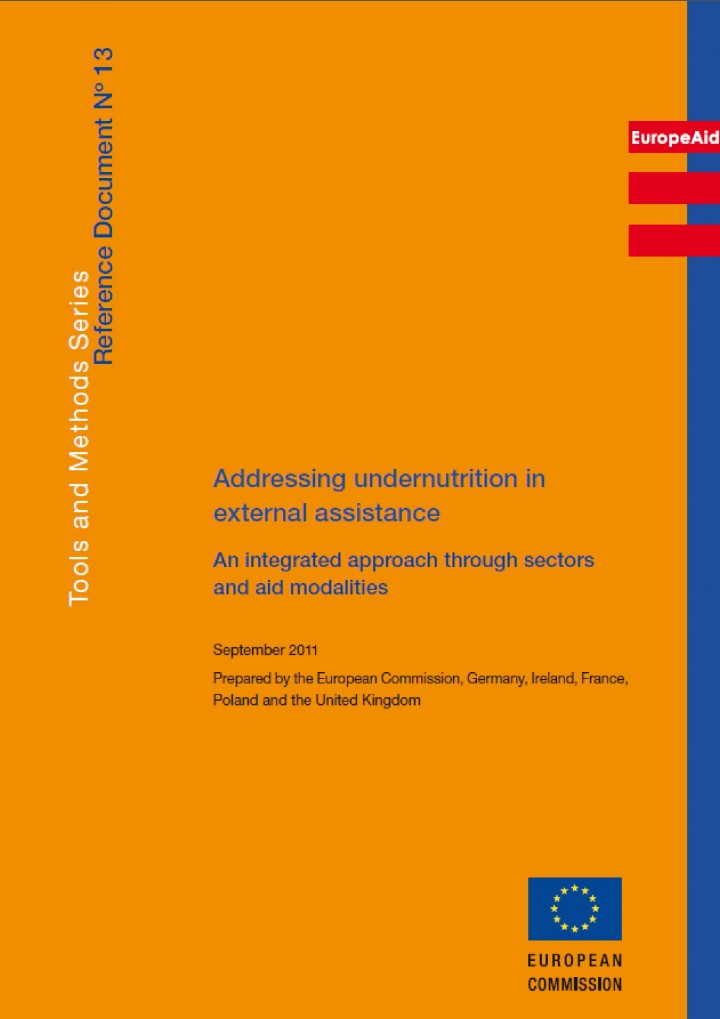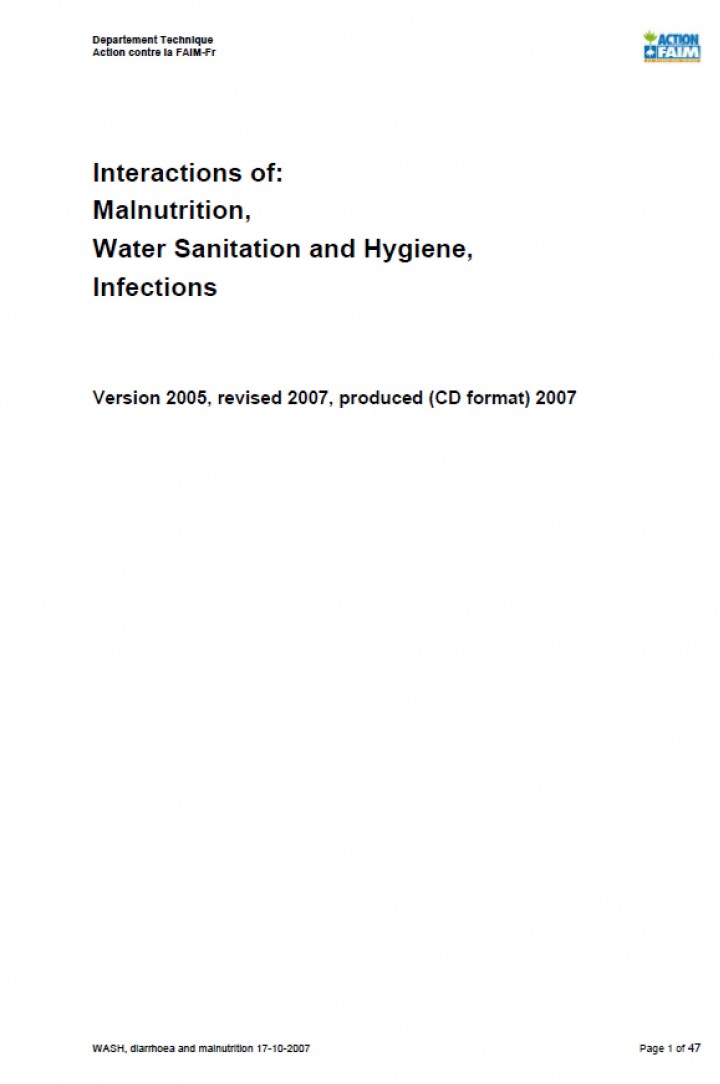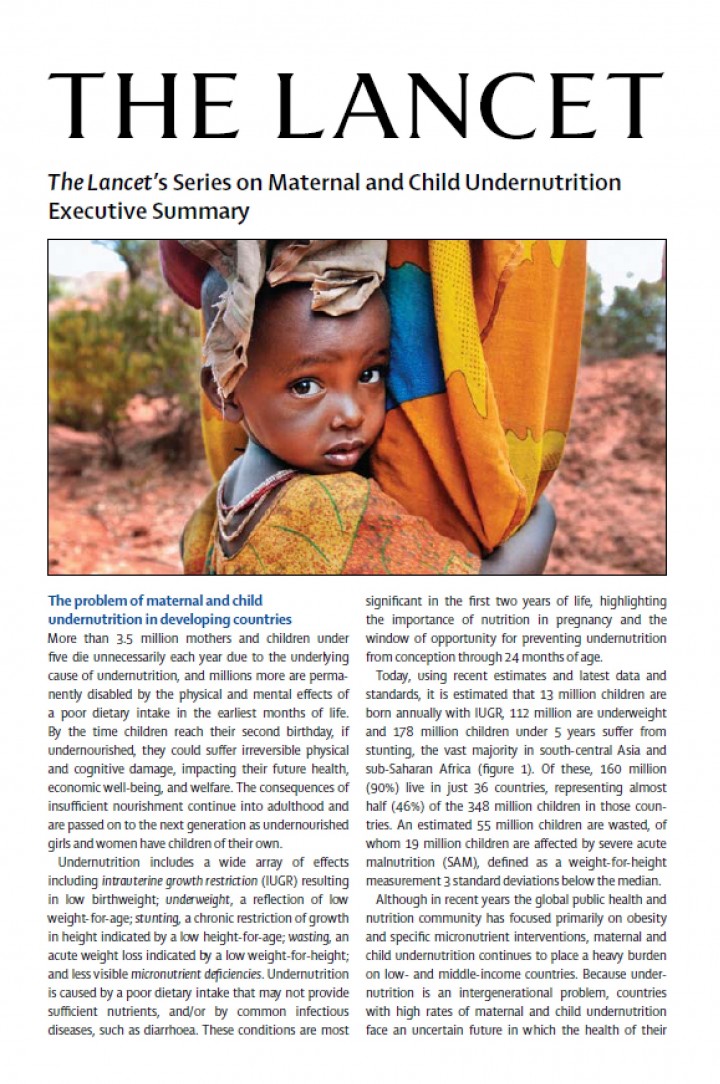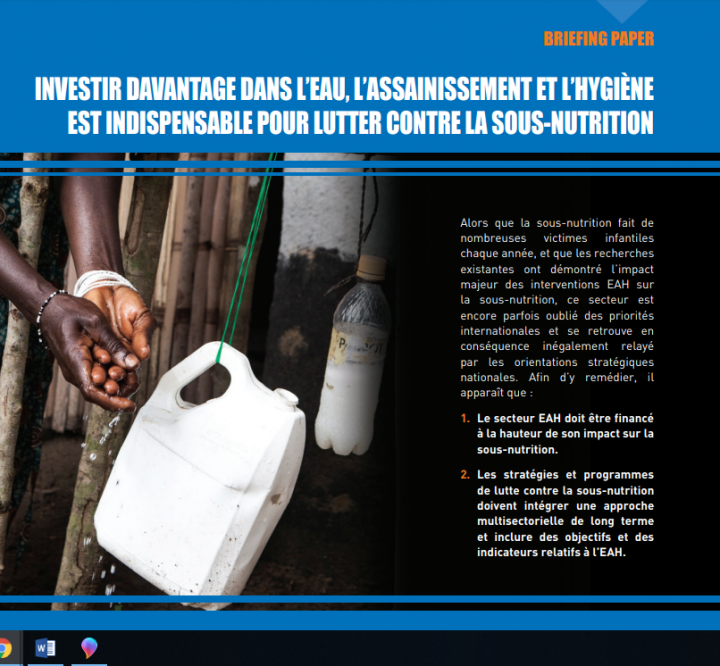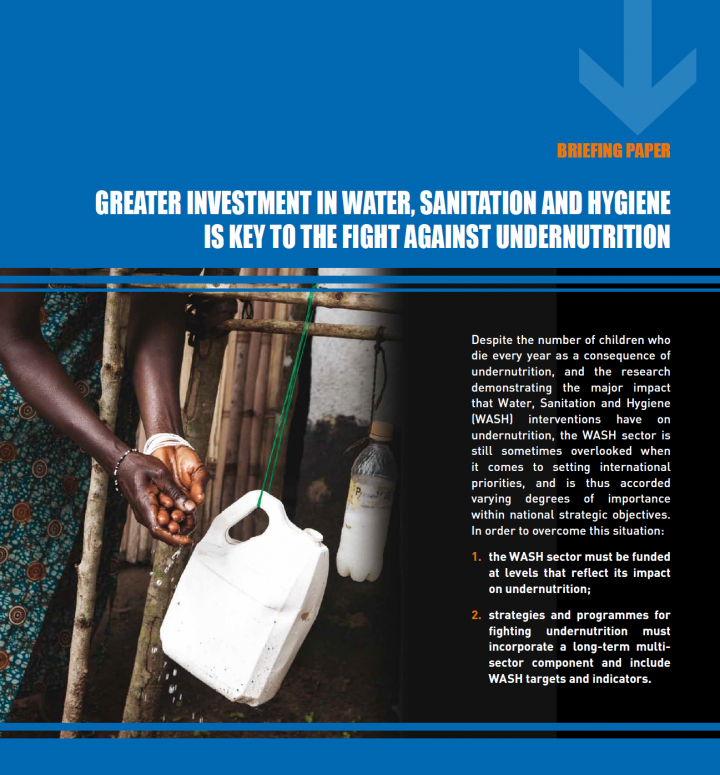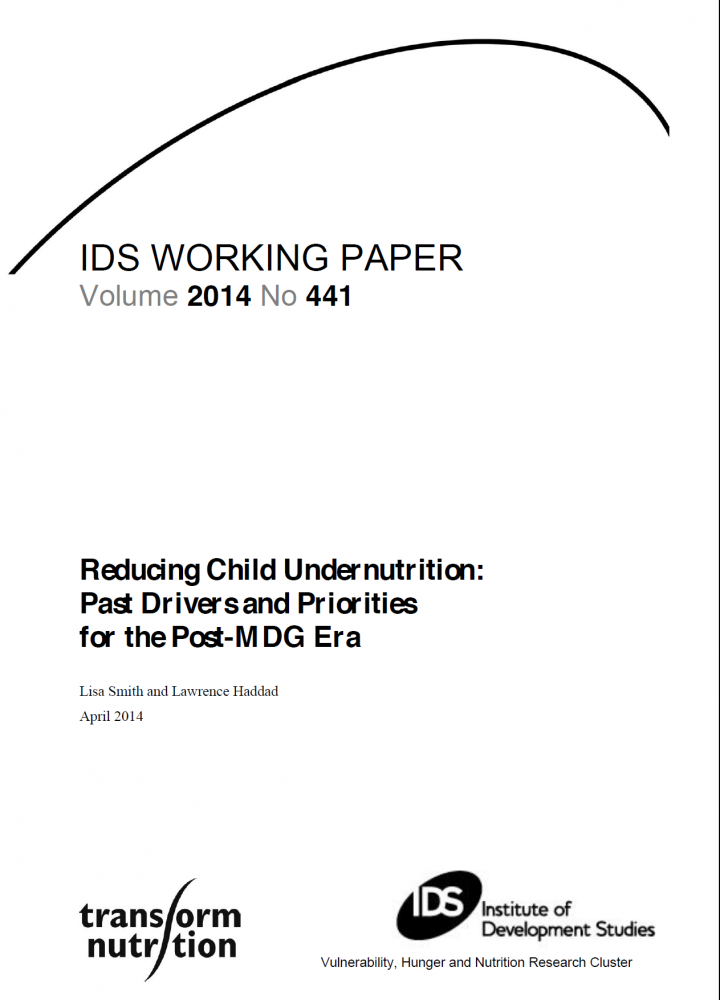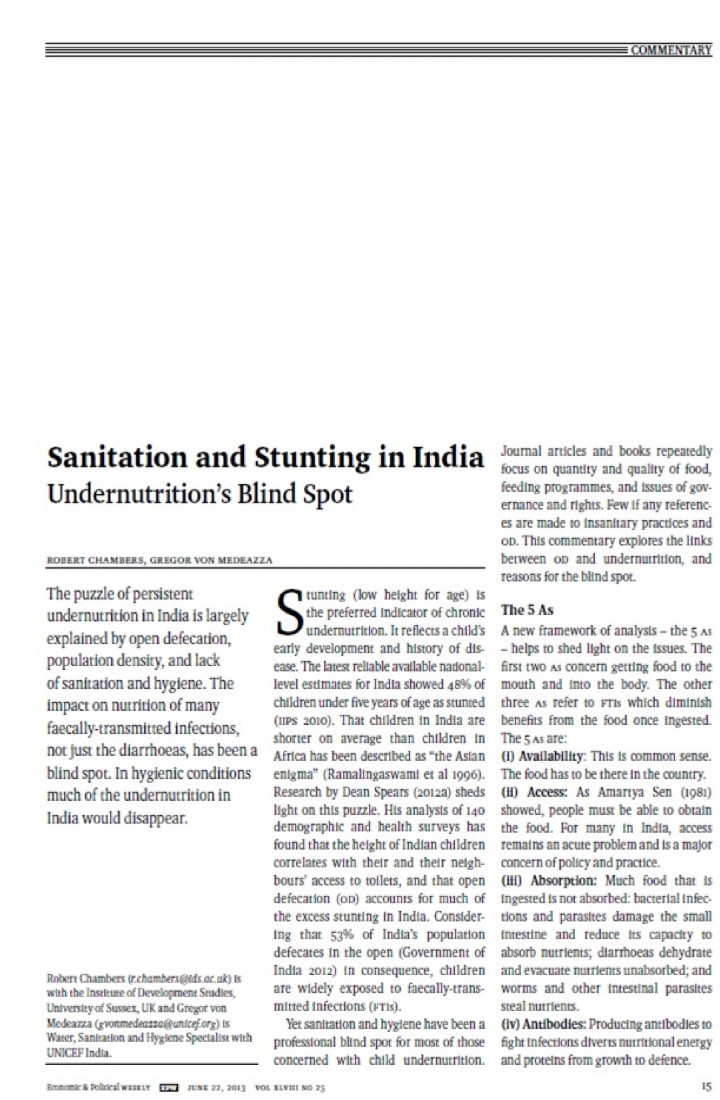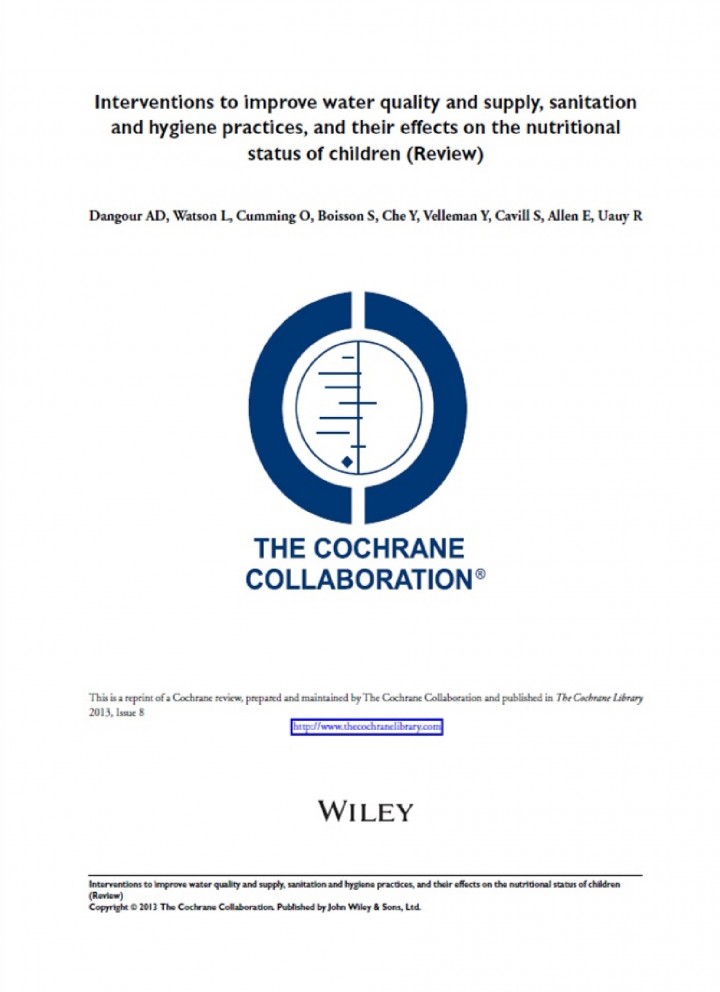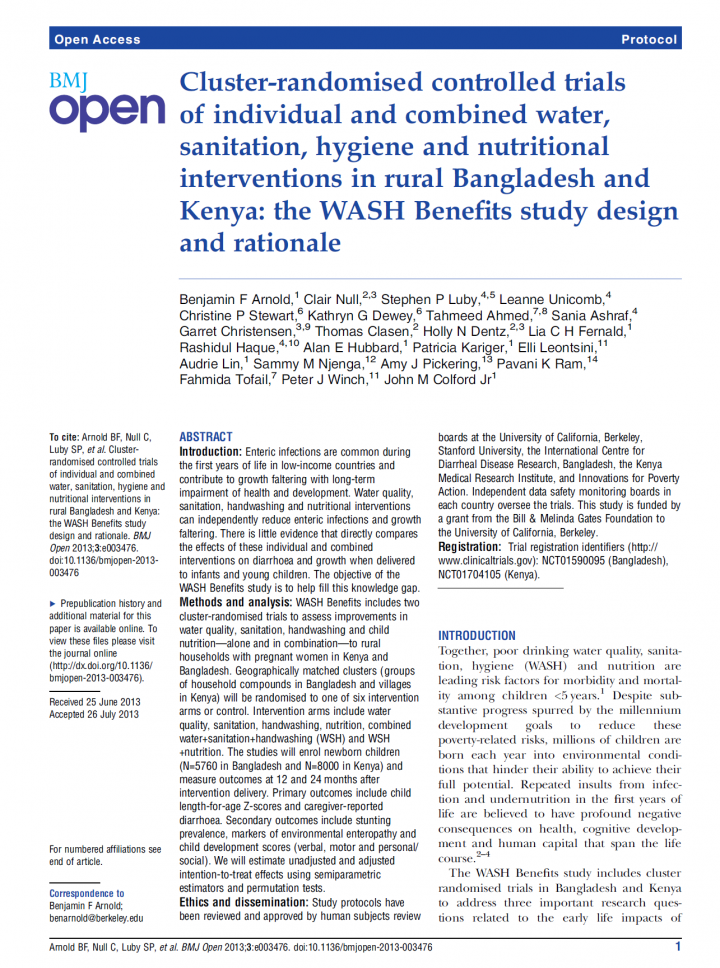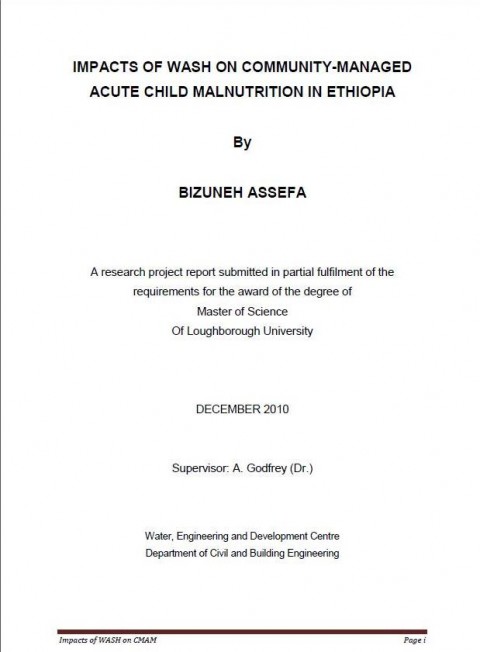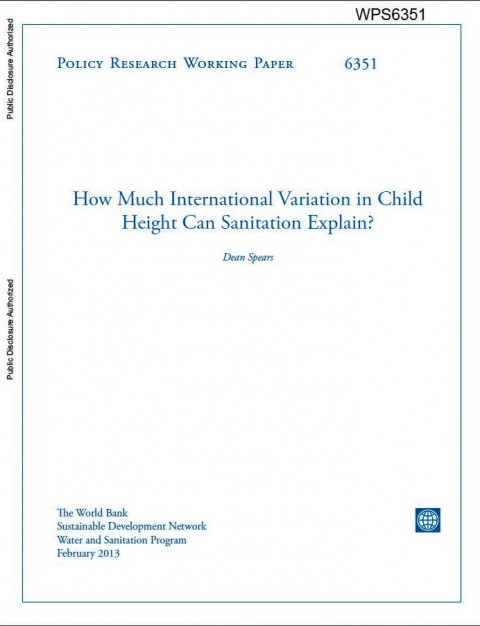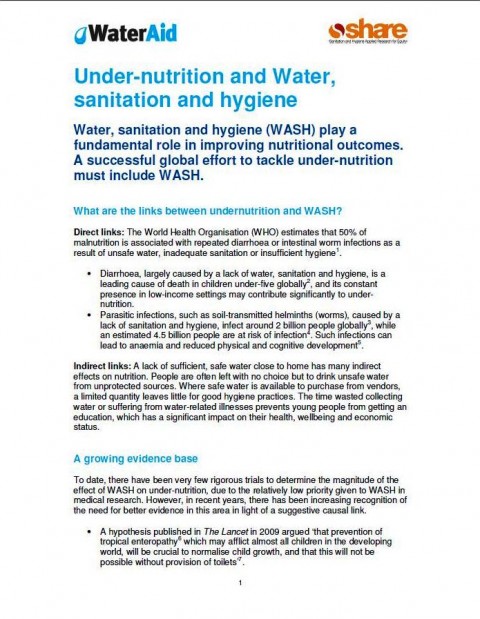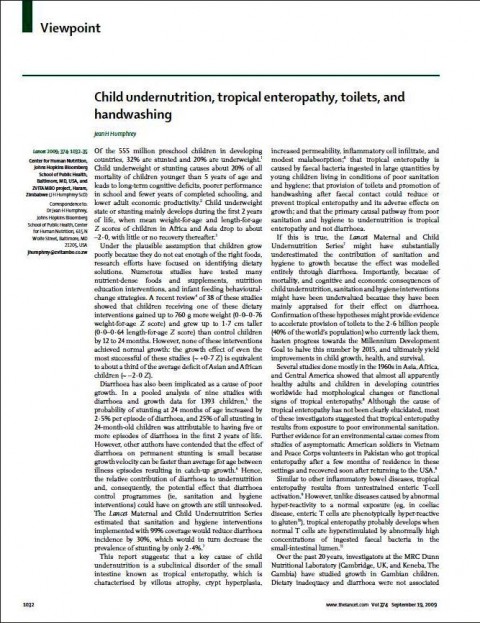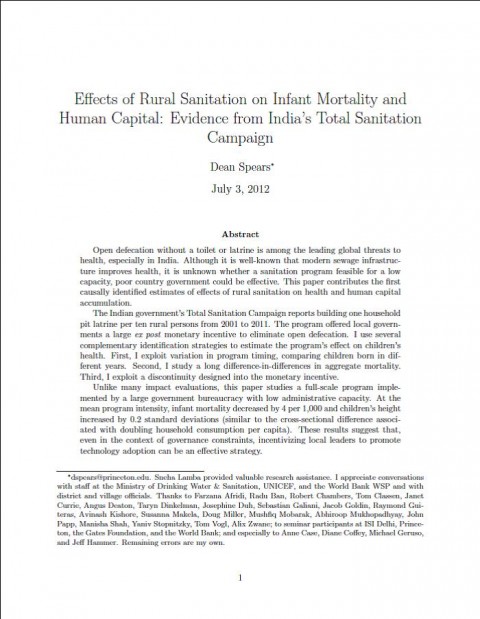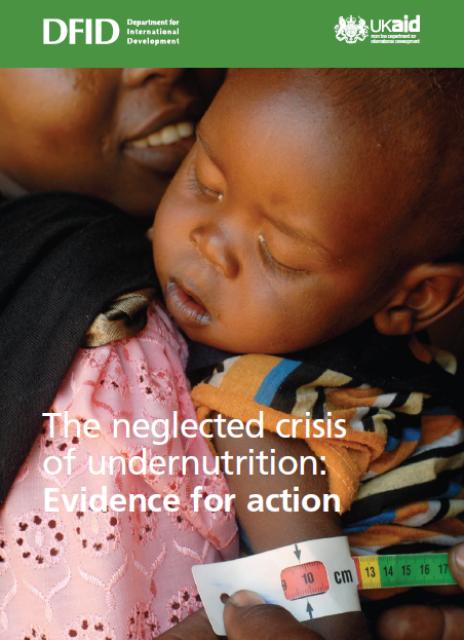Searching for information on Sanitation Workers?
The Sanitation Workers Knowledge + Learning Hub is the best source for all current news, trends, articles and updates on sanitation workers rights around the world.
This publication, jointly prepared by WHO, the United Nations Children’s Fund (UNICEF) and the United States Agency for International Development (USAID), summarizes the current evidence on the benefits of WASH for improving nutrition outcomes and describes how WASH interventions can be integrated into nutrition programmes. It provides practical suggestions, targeted at nutrition programme …
English
Impact of Water, Sanitation & Hygiene Interventions on the Nutritional and Health Status of Children under 5 years old and mothers
French
Impact des interventions du secteur Eau Assainissement et Hygiène (EAH) sur la santé et le statut nutritionnel des enfants de moins de 5 ans et des mères
Many studies have reported the results of interventions to reduce illness through improvements in drinking water,
sanitation facilities, and hygiene practices in less developed countries. There has, however, been no formal systematic review and meta-analysis comparing the evidence of the relative effectiveness of these interventions. A comprehensive search strategy designed to identify all …
Researchers are exploring the possibility that poor hygiene and a lack of sanitation induce a gut disorder called environmental enteropathy (EE) that diverts energy from growth toward an ongoing fight against subclinical infection. Nutritionists are now collaborating with experts in a field known as water, sanitation, and hygiene (WASH), and their combined efforts are helping to galvanize …
This paper aims to provide some practical guidance on how water sanitation and hygiene (WASH) programmes can be more nutrition-sensitive and how nutrition programmes can incorporate more WASH aspects. It should be useful for all project staff working in nutrition and WASH programmes when WASH and/or a nutrition programme are in operation.
Unsafe water was considered the primary cause of diarrhea in children transitioning from an exclusive breastfeeding diet, but recent evidence also points to unsafe food. The brochure highlights some WASH interventions that can prevent diarrhea and undernutrition even in hygiene-challenged environments.
UNICEF’s 2009 report Tracking Progress on Child and Maternal Nutrition drew attention to the impact of high levels of undernutrition on child survival, growth and development and their social and economic toll on nations. It described the state of nutrition programmes worldwide and argued for improving and expanding delivery of key nutrition interventions during the critical 1,000-day window …
The purpose of the policy brief is to provide an outline of the emerging framework of key considerations, principles and priorities for action to address undernutrition and to mobilize support for increased investment in a set of nutrition interventions across different sectors. Thus, the intended audience is principally policymakers and opinion leaders, rather than nutrition specialists.
The EU Reference Document on Addressing Undernutrition in External Assistance seeks to help transform aid programmes so that they can achieve real progress in preventing undernutrition. It provides a detailed description of how nutrition benefits can be realised by modifying the design of programmes in all relevant sectors and thematic areas - from health to governance, food security to gender.
La première partie de ce document explique le lien entre les interventions EAH et la sous-nutrition et l’importance de ce secteur dans une stratégie de lutte contre la sous-nutrition. La deuxième partie illustre le manque de priorisation et de financement du secteur EAH dans les programmes nutritionnels nationaux et internationaux.
Available in English titled "WASH and Undernutrition" …
The first section of this document explains the links between WASH interventions and undernutrition as well as the important role the WASH sector has to play within a strategy to combat undernutrition. The second section highlights the low priority and poor funding that the WASH sector obtains within national and international nutrition programmes.
Available in French titled "EAH et …

